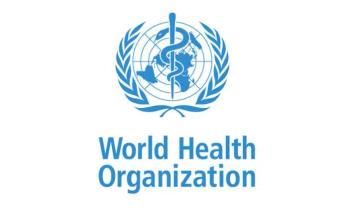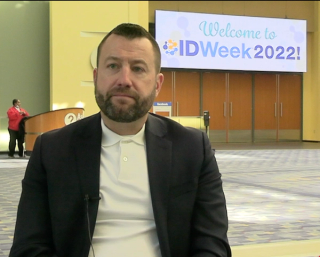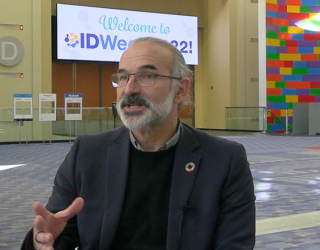
Antimicrobial Stewardship
Latest News

Secondary Outcomes and Clinical Implications of β-lactam Infusion Strategies in Critically Ill Patients with Sepsis

Continuous β-Lactam Infusions Show Promise in the Battle Against Sepsis
Latest Videos

CME Content
More News

While the global clinical pipeline for antibacterial treatments displays notable activity, it remains inadequate to address the challenges of antimicrobial resistance.

Japan is currently facing an unprecedented surge in cases of streptococcal toxic shock syndrome (STSS), a severe and often fatal bacterial infection.

Experts emphasize prevalent waterborne illnesses and offer preventive advice for the summer season.

The latest data from the Gonococcal Antimicrobial Susceptibility Surveillance, calls for updated treatment protocols and intensified surveillance measures to address this escalating concern effectively.

BWC0977 has strong potential to effectively target the priority pathogens needed to address public health concerns.

Purportedly higher sepsis mortality in safety-net hospitals reflects less a difference in acute care than opportunities to discharge to hospice.

FDA VRBPAC recommends protection against JN1 for the fall COVID-19 vaccines, a multidrug-resistant form of gonorrhea gives cause for concern, piperacillin-tazobactam shown to have higher mortality than cefepime for sepsis, and more this week from Contagion.

A continued clarion call is being sounded about the drug-resistant pathogen.

The organization included numerous bacterium that are seen as critical threats to patients.

Piperacillin-tazobactam was associated with higher mortality than cefepime for empiric treatment of sepsis among patients without indication of anaerobic infection.

The 2024-2029 5-year UK national action plan for antimicrobial resistance is the second to emerge from the 20-year strategy announced in 2019.

While carbapenem-resistant Enterobacterales infections occur less frequently, extended-spectrum beta-lactamase-producing Enterobacterales infections are increasing.

A new series reviewing antimicrobial resistance (AMR) reduction strategies shows that available vaccines, water and sanitation, and infection control methods could greatly reduce the mortality associated with this major health crisis.

In the second installment of the discussion around the Equity in Antimicrobial Stewardship Efforts (EASE), the codevelopers of this novel framework discuss how to move forward with interventions and measuring success around them.

The new Equity in Antimicrobial Stewardship Efforts (EASE) is a comprehensive set of priorities designed to overcome inequities and address the challenges with prescribing practices within the minoritized populations.

New data from a World Health Organization (WHO) repository illustrates the treatment challenges during the acute phase of the pandemic.

Spare use of carbapenem-sparing regimens reflects practice lagging behind guidance, among the challenges in implementing antimicrobial stewardship.

The INSPIRE trials find prompts within computerized provider ordering improves antibiotic utilization for pneumonia and urinary tract infections.

This cephalosporin antibiotic was examined against colistin-susceptible gram-negative infections.

A novel approach using this emerging technology looks to interfere with antibiotic resistance expression and reduce this global health issue.

A study finds that despite the development of some new agents for highly-resistant pathogens, prescribers are reluctant to utilize these therapies.

PEN-FAST is a validated risk stratification tool that promotes efficient, safe, and effective de-labeling of penicillin allergies.

Pivmecillinam (Pivya) was given the nod from the federal agency, and is indicated for female adults with uncomplicated urinary tract infections (UTIs) caused by susceptible isolates of Escherichia coli, Proteus mirabilis and Staphylococcus saprophyticus.

With this approval, aztreonam-avibactam becomes the first β-lactam/β-lactamase inhibitor antibiotic combination approved in the European Union for treating multidrug-resistant infections, including metallo-β-lactamase-producing bacteria.

In these patient encounters, a deep cough as a symptom raised concerns around pneumonia and may have prompted prescription of antimicrobials, but did not show a resolution of symptoms sooner.








































































































































